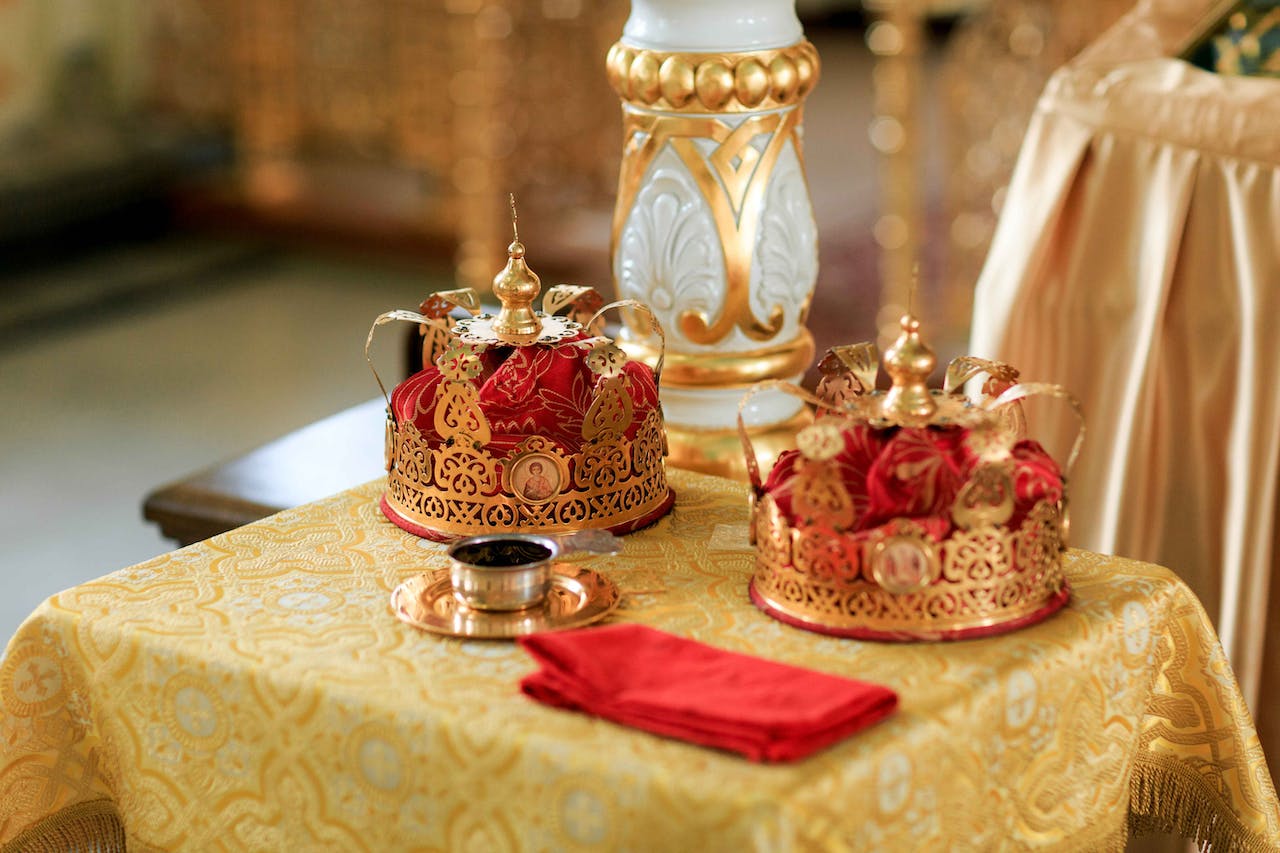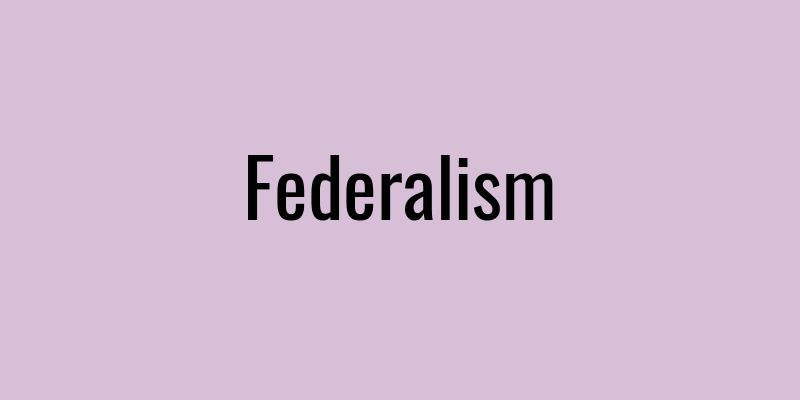The Pros and Cons of Monarchy: Exploring the Benefits and Drawbacks
Is a Monarchy the Right Form of Government?
Monarchy, as a form of government, has been prevalent throughout history and persists in modern times in several countries. It is a system where a single ruler, typically a king or queen, serves as the head of state. While some view monarchy as a symbol of tradition and continuity, others argue that it can be an outdated and undemocratic form of governance. In this article, we will delve into the advantages and disadvantages of monarchy to gain a comprehensive understanding of this political system.
We will explore the benefits and drawbacks of monarchies, considering factors such as stability, ceremonial role, historical significance, and concentration of power. By examining these facets, we can evaluate whether a monarchy is a suitable form of government for the modern world or if it poses inherent limitations and challenges.
Pros
Monarchy offers several advantages that have contributed to its endurance as a governance model. From providing stability to serving as a unifying symbol, the benefits of a monarchy are diverse and significant. Let's explore the positive aspects of monarchy and understand why it continues to exist in various nations around the globe.
Historical Continuity and Tradition
Monarchies often symbolize historical continuity and tradition. The royal lineage and ceremonial duties associated with monarchy can uphold a sense of national identity and provide a link to a country's history and cultural heritage. This can foster a shared narrative and pride among citizens, contributing to national unity and stability.
Stability and Governance
In some cases, monarchies have been associated with stability and effective governance. The monarch, as the head of state, can serve as a unifying figure during times of political turbulence. Moreover, the continuity of monarchy can provide a sense of stability and reassurance to the populace, especially during periods of transition or uncertainty.
Ceremonial Role and Soft Power
Monarchs often fulfill ceremonial and representational duties, which can enhance a country's soft power on the world stage. Their presence at state events and interactions with foreign dignitaries can contribute to diplomatic relations and cultural exchanges, projecting an image of continuity and national pride.
Cultural Symbolism and National Identity
Monarchy can serve as a cultural symbol and focal point for national identity. The monarchy often represents historical and cultural traditions, providing a sense of unity and pride for a nation. Additionally, the royal family's involvement in charity work and public service can further strengthen the sense of national identity and community.
Tourism and Economic Benefits
Monarchies can attract tourists and generate revenue through royal events, historical sites, and associated merchandise. The cultural and historical significance of monarchy can stimulate tourism, creating jobs and boosting local economies. Additionally, royal ceremonies and events can contribute to the entertainment industry, supporting tourism and hospitality businesses.
Missing a pro?
Let us know which pro you are missing!
Cons
Despite its historical significance, monarchy also presents certain drawbacks and limitations. From concerns about democratic representation to issues related to concentrated power, the disadvantages of monarchy have sparked ongoing debates. Let's explore the potential pitfalls associated with this form of governance to gain a holistic perspective.
Inequality and Social Justice
The existence of royalty in a monarchy can perpetuate social inequality and issues related to social justice. The privileges and status accorded to the royal family can contrast starkly with the socio-economic circumstances of the general population. This can lead to debates about fairness and equity within the societal framework.
Democratic Representation and Accountability
Monarchy can raise concerns about democratic representation and accountability. The concentration of power in a single individual or family can limit the voice of the populace in governance and decision-making processes. This lack of direct representation may clash with modern democratic ideals and participatory governance.
Risk of Authoritarianism
Monarchies, particularly absolute monarchies, may carry the risk of authoritarian rule. The concentration of power in the hands of the monarch without robust checks and balances can potentially lead to undemocratic practices and a lack of political pluralism. This can pose challenges to individual liberties and freedoms.
Continuation of Privilege and Class Divide
Monarchy perpetuates a system of inherited privilege and can reinforce social class divisions. The royal family's wealth, status, and lifestyle may contribute to a sense of inequality and disenfranchisement among the population. This perpetuation of class divide could hinder social mobility and equality of opportunity.
Financial Burden and Taxpayer Costs
Maintaining a royal family can impose a financial burden on taxpayers, as public funds are allocated for the upkeep of the monarchy. Expenses related to royal security, official engagements, and ceremonial duties are often funded through public coffers. This expenditure can be a point of contention, especially when public services face budgetary constraints.
Missing a con?
Let us know which con you are missing!
Conclusion
In conclusion, the debate surrounding monarchy encompasses a spectrum of perspectives, from its symbolic value and historical resonance to its potential democratic limitations and authority concentration. While monarchy has persisted in certain nations, it also faces criticism for its inherent disparities and governance complexities. Ultimately, the advantages and disadvantages of monarchy should be evaluated within the context of individual countries and their unique societal dynamics to determine its suitability as a form of government in the contemporary world.
What do you think?
Do you think the pros outweigh the cons?





